| Michael Sandel, a professor at Harvard University and one of the world’s leading political philosophers, delivers his keynote speech at the Global Korea Forum 2025 hosted by the Ministry of Unification on Thursday. (Ministry of Unification) |
Standing before a packed auditorium of policymakers, scholars and North Korea watchers in Seoul, Michael Sandel, one of the world’s leading political philosophers, posed a question that struck at the heart of Korean politics:
“What is the connection between the crisis of democracy today and the challenges to peaceful coexistence?”
Sandel, a Harvard professor, warned that the Lee Jae Myung administration’s quest for peaceful coexistence with North Korea cannot be separated from the health of South Korea's own democracy, speaking at the Global Korea Forum 2025 hosted by the Ministry of Unification on Thursday.
Inter-Korean peaceful coexistence, Sandel underscored, is not a matter to be settled solely by negotiators in Seoul, Pyongyang, Washington and other capitals. Rather, Sandel said, it is a civic and moral task that demands broad public participation and democratic deliberation.
Reaching a national consensus, Sandel explained, is essential to achieving genuine peace — a dialogue that can only take place if democracy is healthy enough to foster open debate and mutual respect.
“My suggestion is that in a democracy like South Korea, it won't be possible to decide what kind of coexistence with North Korea is possible and desirable without democratic dialogue and debate," Sandel said in his keynote speech on the topic of the crisis of democracy and challenges to peaceful coexistence.
"But it won't be possible to have that dialogue and debate until we do something about the deep, intense polarization that exists and prevents it — and social media makes it worse."
Sandel outlined three ascending visions of coexistence.
The first, he said, is a minimal version: simply the absence of war and violence. The second involves mutual respect — living side by side under different systems but acknowledging the legitimacy of the other.
The third, and most ambitious, imagines coexistence as a shared community with a sense of belonging, mutual obligations and a shared identity. It is about members of that community living together, seeking common purposes and ends, even if they do not agree on everything.
| President Lee Jae Myung (right) speaks with Harvard professor Michael Sandel at the Presidential Office in Yongsan, Seoul, on Thursday. (Yonhap) |
However, Sandel warned that unless South Korea can overcome its polarization, the country will continue to struggle to build the democratic consensus necessary to determine what kind of peaceful coexistence to pursue with North Korea.
“In short, deciding what kind of peaceful coexistence South Korea should pursue depends on finding a way to heal the wounds of globalization that keep democracy in peril," Sandel said.
"What we need to do, in other words, in all of our democratic societies, is to find our way to a more peaceful, less polarized coexistence within our countries.”
Sandel repeatedly emphasized that the polarization gripping South Korean society was not just a political inconvenience but a direct threat to the country’s ability to make collective decisions about its future.
Sandel further explained that the roots of this polarization lie not only in deep-seated political partisanship but also in structural inequalities and meritocratic pressures.
“So the intense competitive pressure of the educational systems and the meritocratic competition in South Korea and the United States create a divide between winners and losers,” Sandel said.
“We need to disentangle the legitimate grievances from the ugly sentiments with which they are often entangled,” he added.
Sandel emphasized that the solution is not just about redistributing wealth or adjusting economic policy. It involves restoring respect for the dignity of all work, ensuring that jobs are valued for their contributions, regardless of academic credentials.
It also means reviving public spaces where citizens from different backgrounds can encounter one another as equals.
“So if a diagnosis like this is right, the only way you’re going to change public discourse is to focus more on the dignity of work, to address economic inequality seriously, to change attitudes toward success so that those without degrees can enjoy respect for the contributions they make, and to create class-mixing institutions that bring us together from different walks of life,” he said.
Sandel underscored that, “That's one of the things we lost.”
Sandel praised South Korea’s economic transformation, its democratic transition since 1987 and its cultural ascent as “astonishing achievements.”
“Of these three achievements, the most precious but also the most precarious is the democratic achievement,” he warned.
Later in the day, Sandel met with President Lee Jae Myung, where he highlighted the concept of a “democratic dividend” — the idea that peace on the Korean Peninsula could help ease the polarization now threatening democracy in many countries, including South Korea.


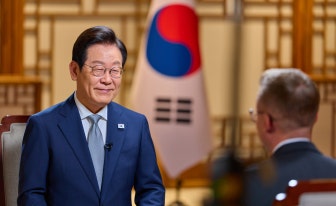
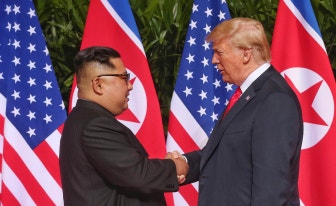

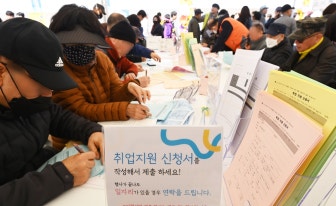
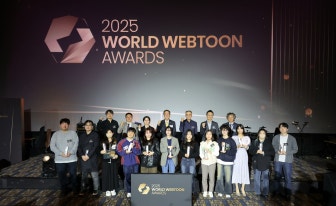
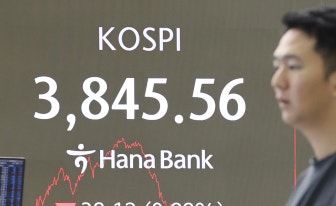
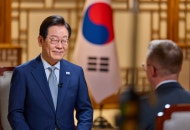
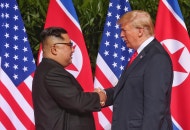

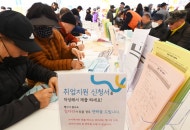
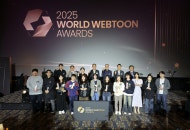
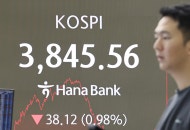
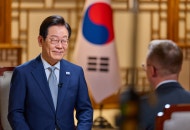
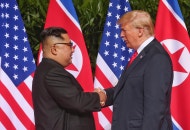
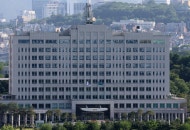
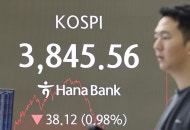

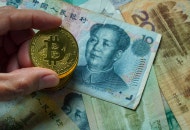
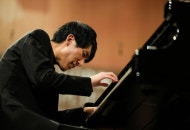



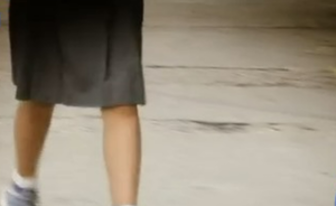
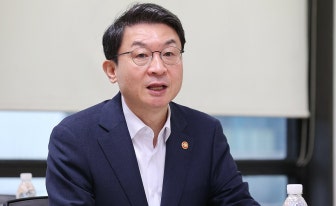

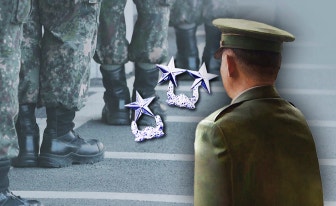
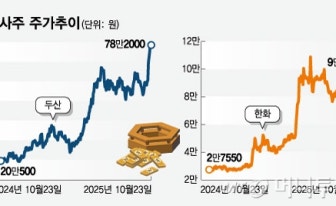


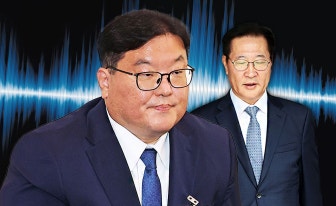

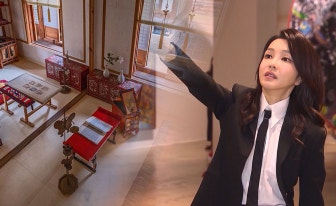
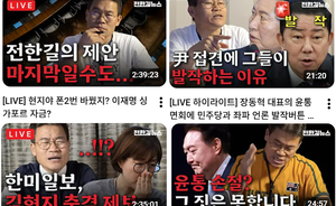
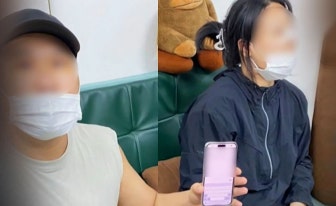





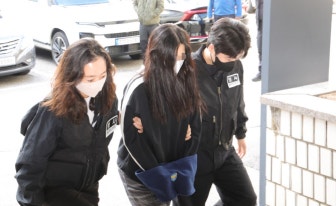




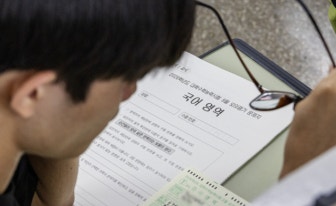




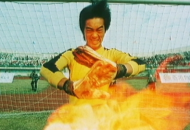




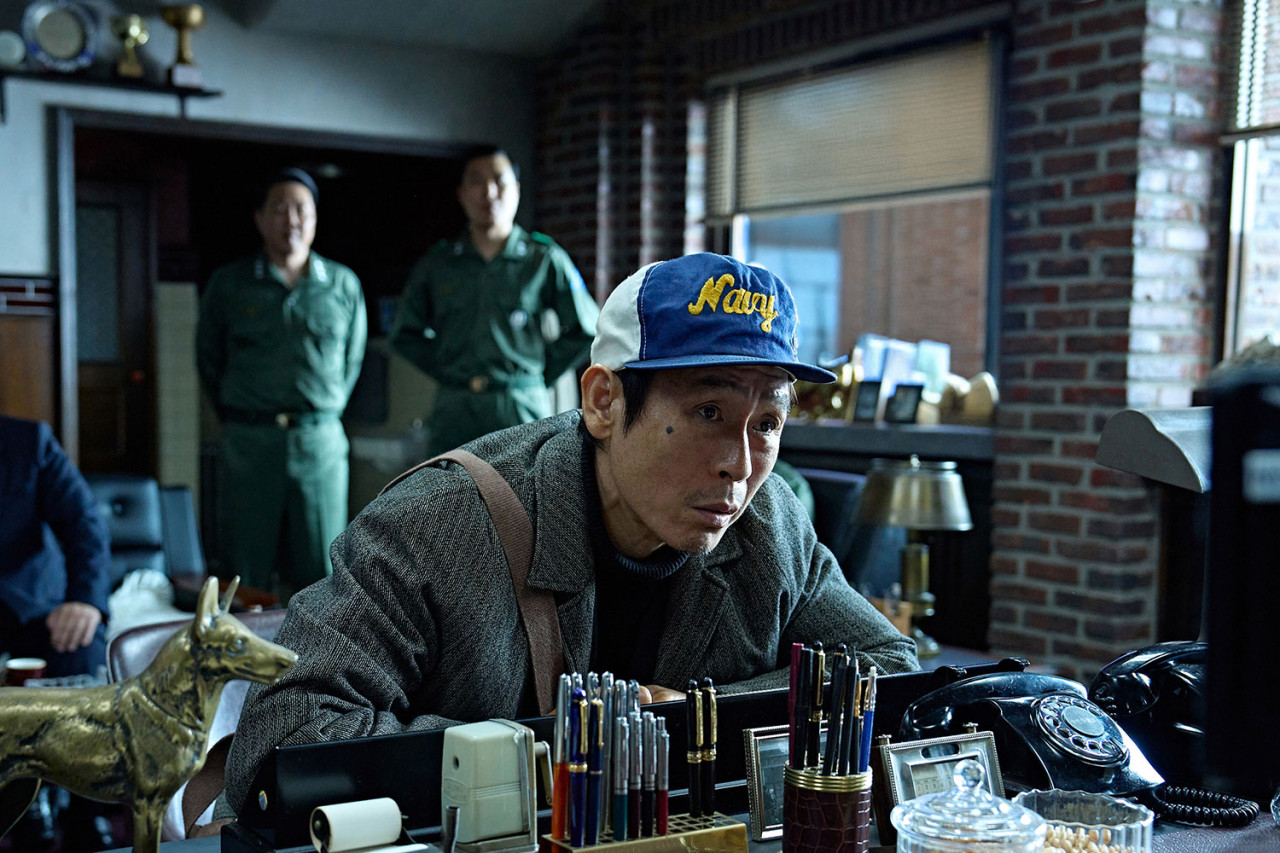.jpg?type=nf190_130)



